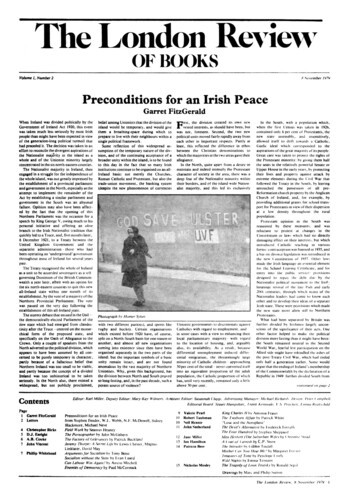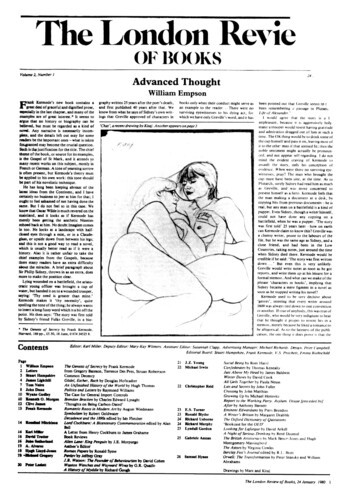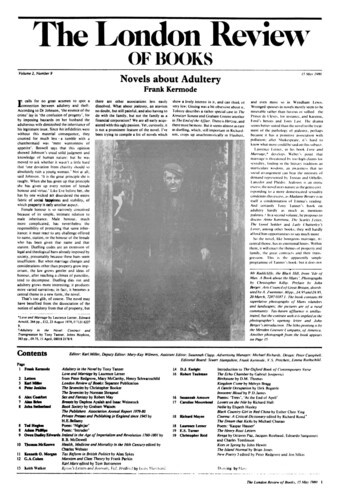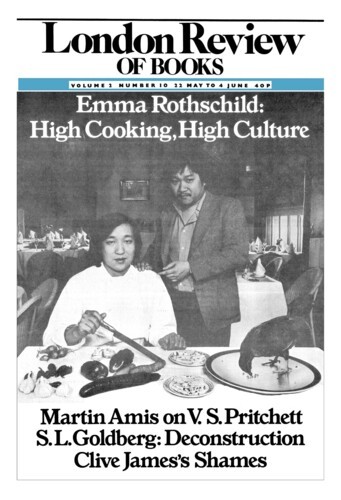Supersellers
John Sutherland, 8 November 1979
London now has an autumn season when the big fiction blockbusters are delivered to a public with longer evenings for reading and Christmas money to spend. It may not be anywhere near as clearly marked off as it is in New York and the launching machinery still creaks a bit, but its component parts are familiar from the smoother-running American model. Some six months before publication, fabulous, record-breaking deals and tie-ins are released to the trade and furnish paragraphs for the gossip columns. Background stories, authors’ profiles and studio portraits are sown in the national and provincial press during the run-up to publication day. With luck, Robert Robinson or a lesser TV person will be recruited to do a celebratory book programme. In addition to the traditional newspaper, shop-window and point-of-sale displays there will also be extensive coverage on commercial radio. This year, ‘biggest-ever’ advertising budgets have been divulged for the season’s biggest titles: £50,000, for example, for Hutchinson’s The Devil’s Alternative, a sum which they claim will finance the ‘greatest ever campaign for a hardback novel’; Secker and Warburg, a smaller house, have allocated £15,000 for the promotion of The Four Hundred. Authors’ tours, interviews and signing sessions are laid on. ‘Distinctive symbols’ are devised and publicised to fix the books in the public mind.




